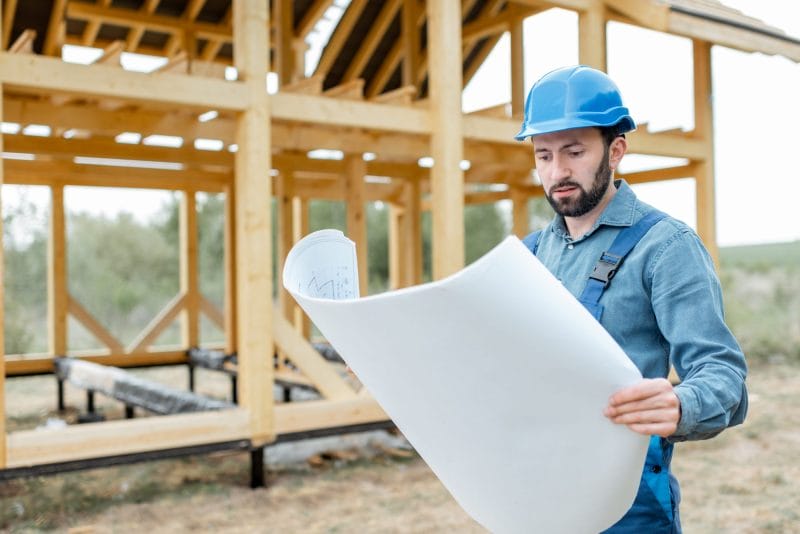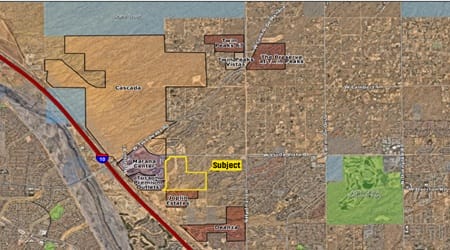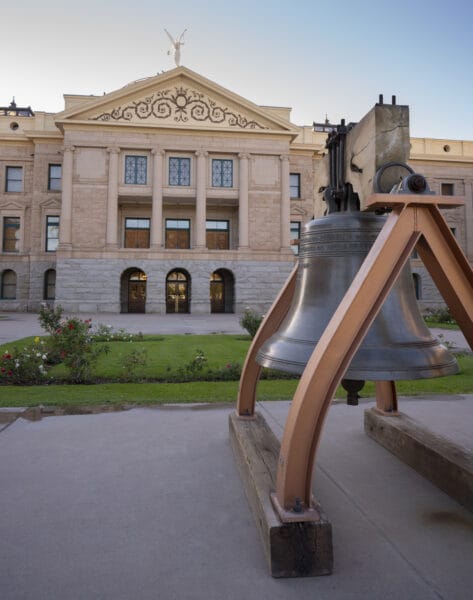By Conor Sen | Bloomberg
The impact of the housing market on the 2008 financial crisis couldn’t have been more different than what we’ve seen during this year’s recession. While housing acted as a strong headwind slowing the economic recovery 12 years ago, not it’s looking like a tailwind that will help lift the economy as we move past the pandemic in 2021.
The damage wrought to the sector after 2008 was multipronged and long-lasting. The glut of foreclosures and inventory overhang meant that very little new construction was needed for years. There was consequently minimal growth in construction employment — a key driver of the business cycle — coming out of 2008 until the latter part of 2012. That was one reason why the early years of the recovery felt like we were still stuck in a recession.
But an even bigger impediment to the economy was the negative wealth effect for homeowners. For the middle class in particular, home equity is their greatest source of wealth, which was wrecked by the decline in home prices. Aggregate home equity in the U.S. fell by more than 40%, or $6.2 trillion, between the fourth quarter of 2005 and the first quarter of 2012. The decline hurt consumer confidence, curtailed spending and led to years of household deleveraging.








